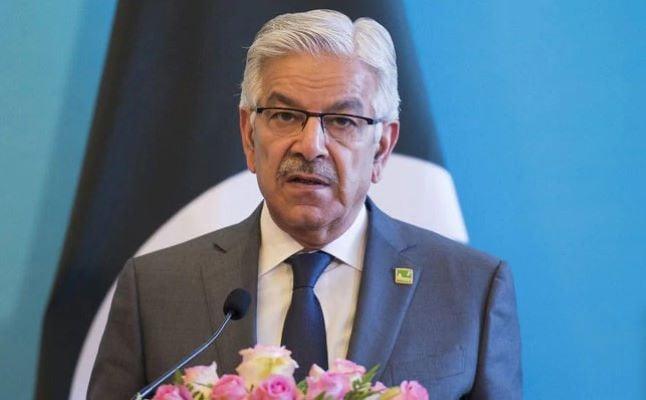Defense Minister Khawaja Asif said that the 1972 Simla Agreement “died” in the current geopolitical context, declaring that Pakistan actually returned to the 1948 post concerning cashmere, and that the control line (LOC) should now be considered a cease-fire line.
In an interview with a private television channel on Wednesday, the minister said that if the Simla agreement had initially committed India and Pakistan to resolve the differences bilaterally, this framework had collapsed due to unilateral Indian actions in recent years.
“The Simla agreement is now a dead document. We are back to the 1948 post, when the United Nations declared the ceasefire line after the ceasefire and resolutions,” he said, referring to the cessation mediated by hostilities in the First Indian-Pakistan War. “In the future, these disputes will be treated with several or internationally.”
He also questioned the status of other bilateral arrangements, declaring that “that the Industry Water Treaty is suspended or not, Simla is already over”.
Commenting on regional tensions, AIF said that the threat of war with India was present. “Pakistan does not want war, but if it is imposed on us, the answer will be even stronger than before,” he warned.
The Minister spoke of post-conflict developments, declaring that Pakistan had become a defensive power reinforced after its past wars with India. “We have become a defensive force. Orders for our Thunder JF-17 fighter planes are coming,” he said, highlighting the growing defense capacities in Pakistan.
Also read: “ Ready but not desperate ” for discussions with India: dar
On the issue of Afghan refugees, Asif has reiterated that Afghans should now return to their homeland. “The Afghans must settle in their own country. They have no loyalty to our soil,” he said, adding that the time had come to solve this problem firmly.
The Minister of Defense also underlined the issue of tax evasion in the country, stressing that billions of rupees are lost each year on the tax flight. “We have to connect this flight and divert these funds to national defense,” he concluded.




